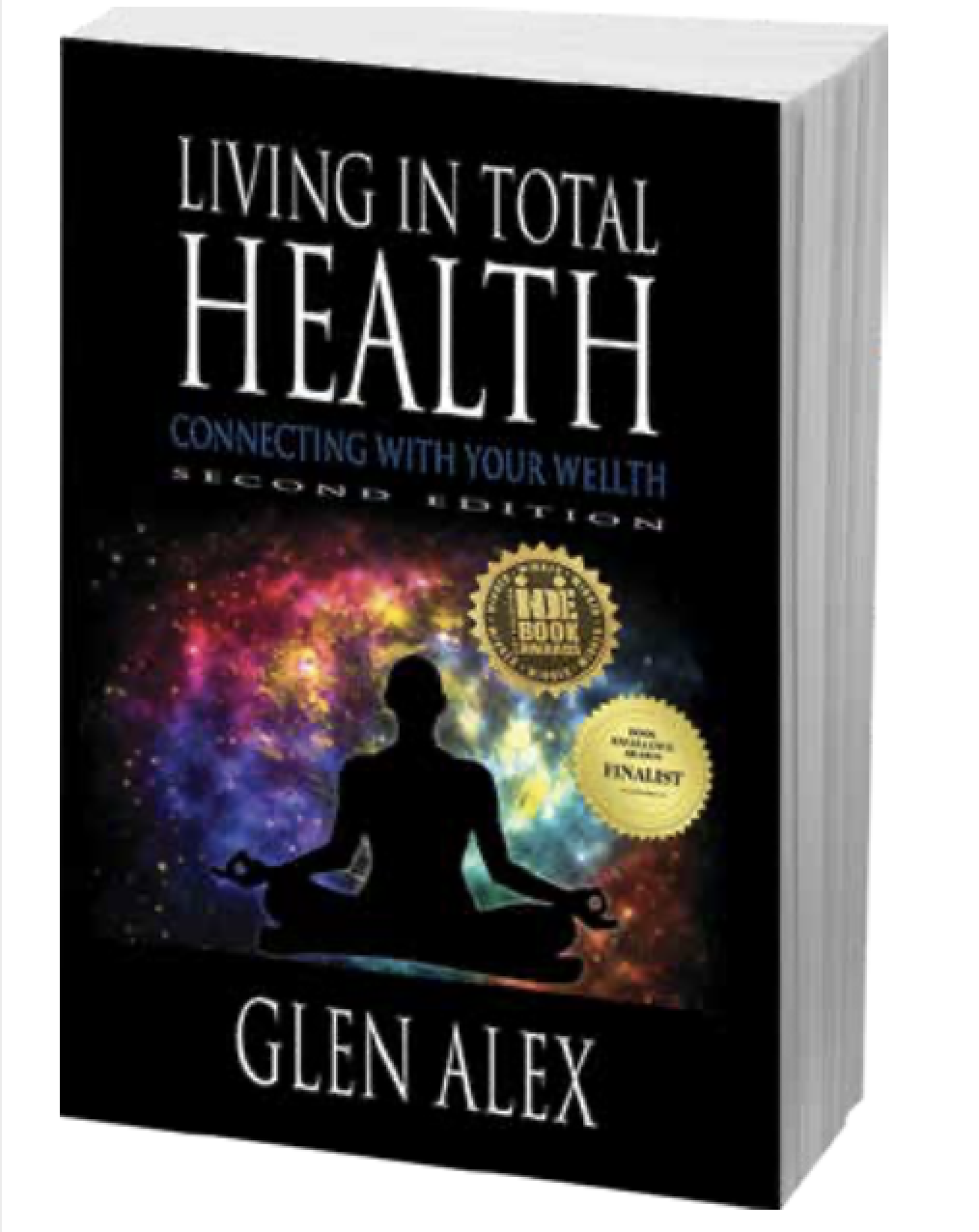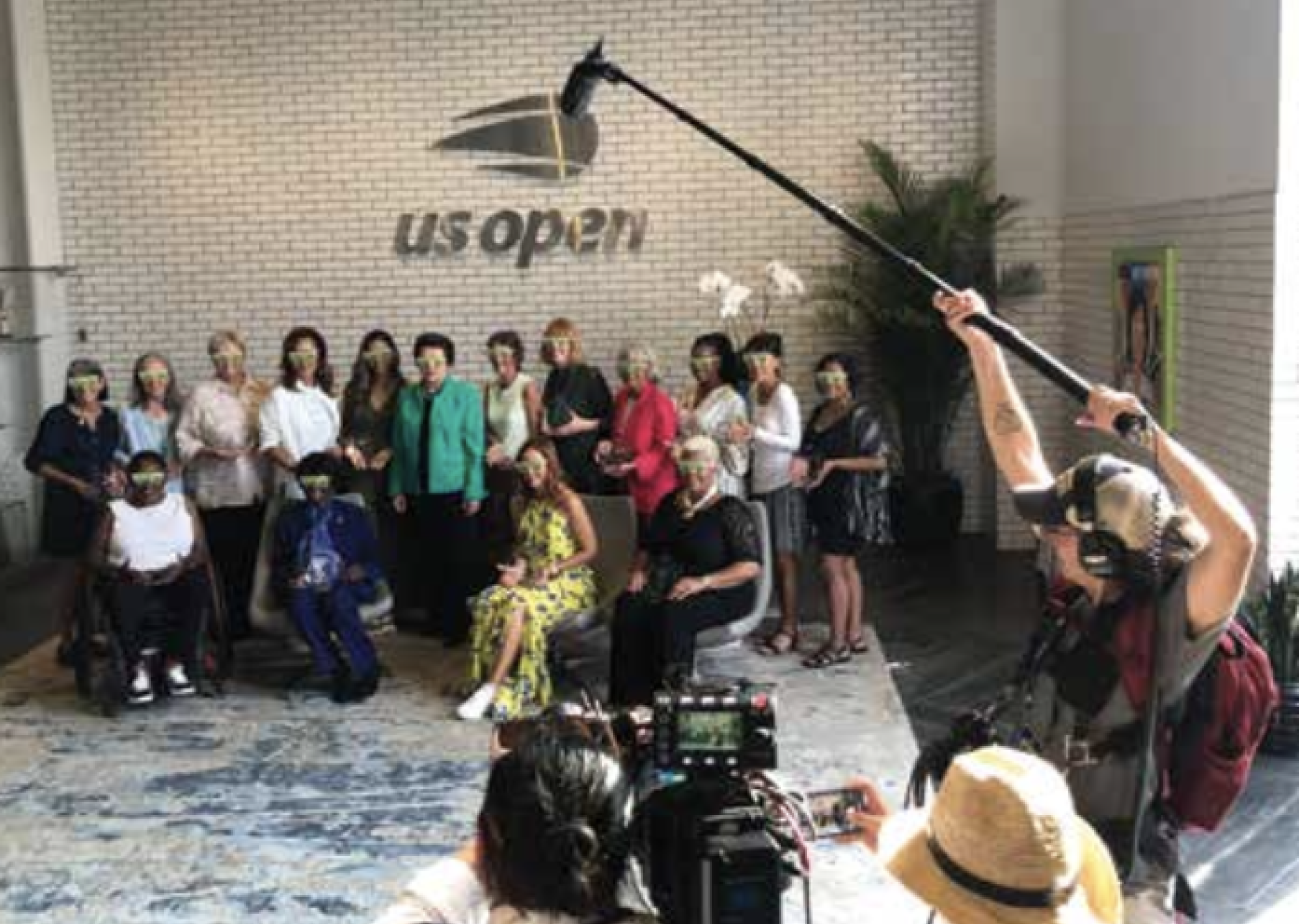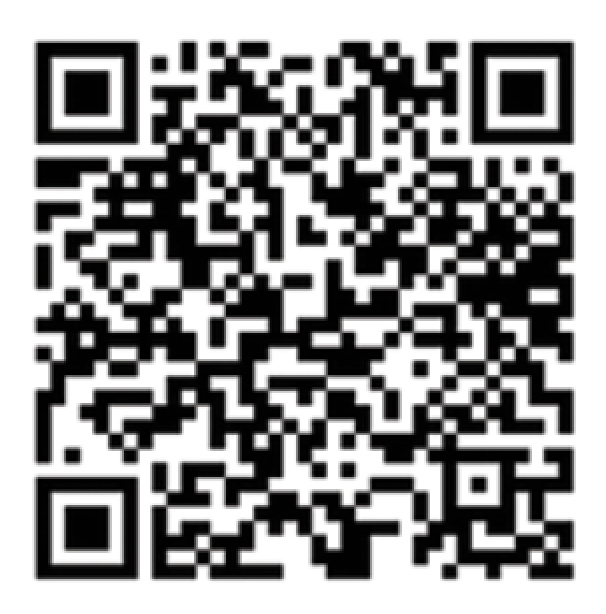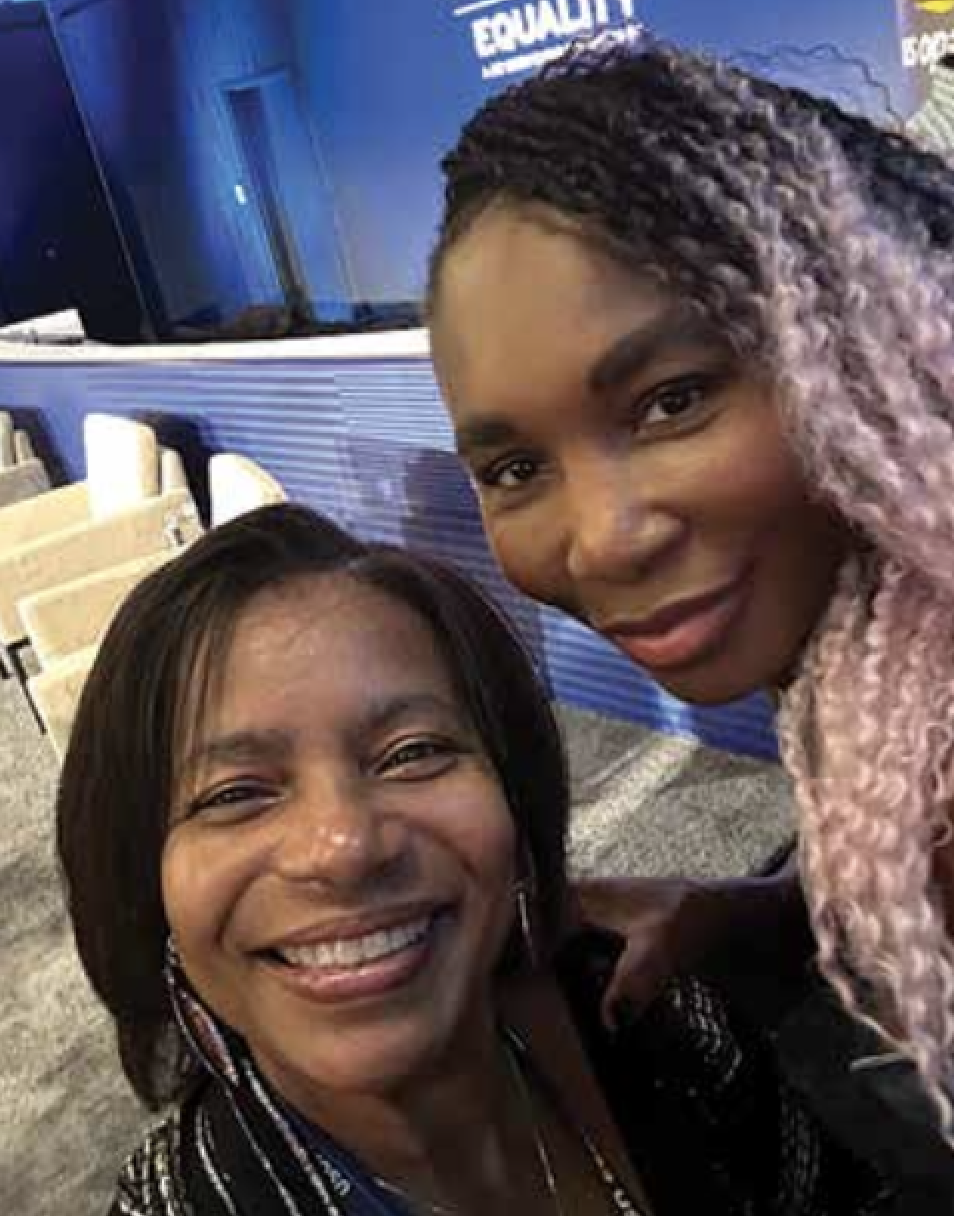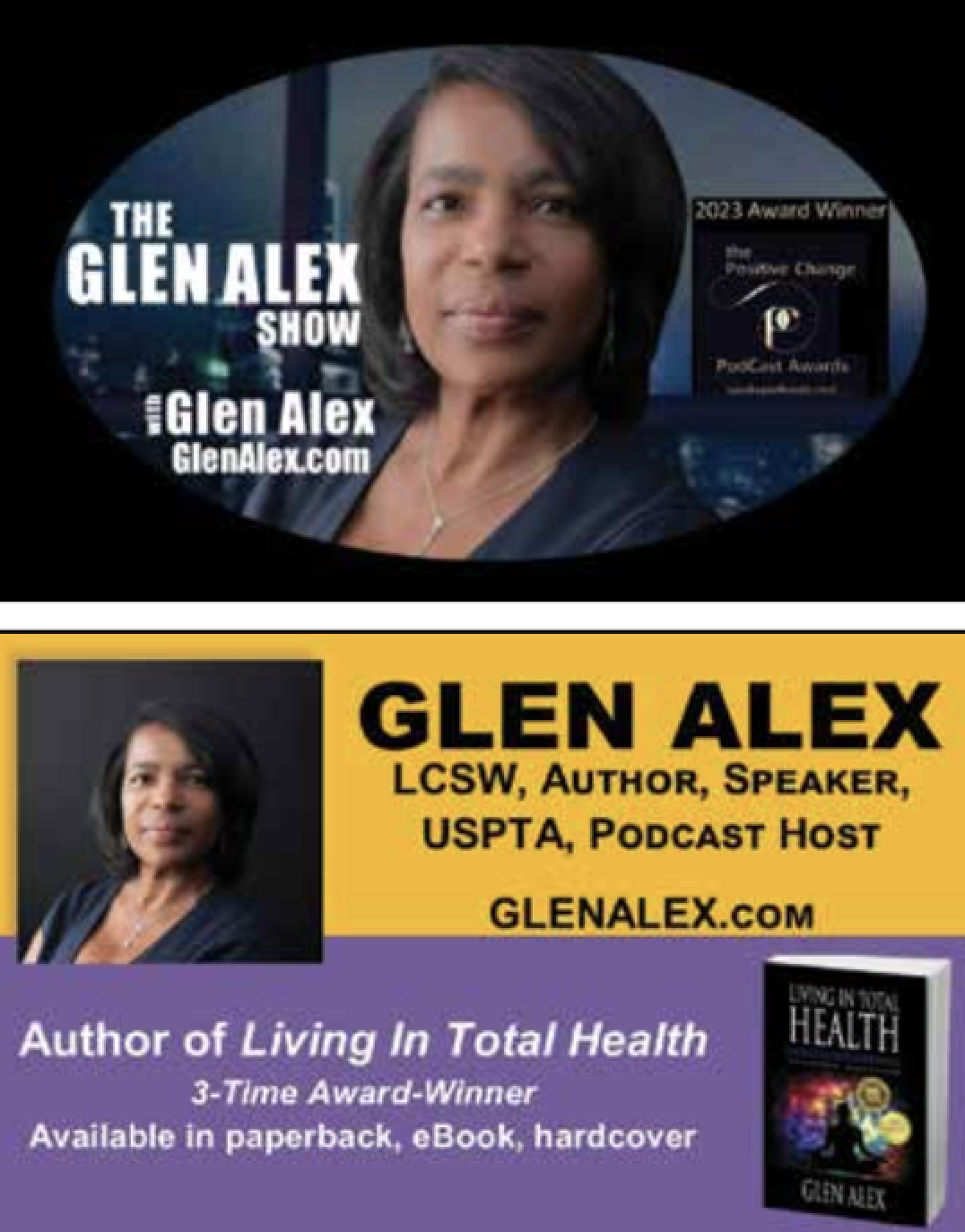Glen Alex Living in Total Health
Introducing the vibrant local author and coach, Glen Alex, who has recently made Southern Oregon her new home. Renowned as the author of “Living in Total Health,” Glen brings a wealth of wisdom to the table. As the esteemed host of the Glen Alex Show, now celebrating its seventh year, she captivates a global audience on a monthly basis.
Glen is driven by a profound mission — to empower individuals to embrace joy, foster connections, exude confidence, and achieve completeness. With a compelling query, she challenges us to envision a world where more people attain total health on physical, mental, emotional, and spiritual fronts. What transformative impact could this have on our planet? Today, I had the privilege of engaging in a conversation with Glen, delving into this thought-provoking topic and more.
Glen, thanks so much for taking the time to speak with me today and a warm welcome to making Ashland and Southern Oregon your new home.
You are welcome! And thank you for your warm welcome to me. I appreciate this opportunity to connect with the Ashland and Southern Oregon community.
Glen to begin with, will you tell us a little bit about your background, work and current life mission.
Well, let’s start with the boring stuff. I am a Licensed Clinical Social Worker, award-winning author, award-winning podcast host. And excitedly, I was recently accepted in the Marquis Who’s Who directory.
Glen, you are the award-winning author of Living in Total Health. The book is now in its second printing. Please tell us more about your journey of becoming an author and the vision and mission behind your book.
My book, Living In Total Health, was born out of depression. Even though I’ve always loved to write and several friends told me over the years that I should write a book, I didn’t seriously consider it before.
My brother died from Prostate Cancer in July 2013, minutes after his 51st birthday. We were close. The emotional toll of his death and my financial losses related to traveling to see him had become too much. By fall, depression consumed me.
The day after a charity event I organized and hosted in November, during which we memorialized my brother with a video montage and live vocal performance of Amazing Grace, I was incredibly sad. That sadness gave way to full-blown depression.
I am so incredibly grateful for four friends who detected my despair and intervened with love and compassion. They were not overbearing and neither tried to “cheer” me up. Rather, they seemingly tag-teamed me (only two of the four knew each other) with compassion, with listening, and with supportive calls, texts, and emails.
About two months into depression, one friend took me hiking on a mild winter day. I was initially resistant to leaving home then accepted her persistent invitation because I didn’t care to fight for anything at that point, not even my isolation. About the same time, another tag-teamer said to me, “Don’t give up on yourself.”
It was at least another month when I realized that I had given up on myself, to the point that I stopped making plans. And it broke my heart. I love life. I love challenges and triumphs and learning and breathing.
To know that I gave up on living intuitively and stopped believing in my resilience and in my ability to accept reality, my brother dying very young, was painful.
That was my turning point and I decided to keep two annual commitments that I seriously thought about canceling. One event was a charity tennis tournament in February and the other was working with the Women’s Tennis Association in Indian Wells, CA in March. Though I was still emotionally flat at both events, I felt the dark cloud breaking.
In April 2014, I met best-selling author Patrick Snow. He offered me an opportunity to work with him as my writing coach. My depressed mind immediately said, “Why bother?” My intuitive mind quickly followed with, “Why not?” I followed my intuition. And Living In Total Health was born.
You have coined the term Wellth… I love it.
Coining the term Wellth is quite the compliment. Thank you. Wellth occurred to me as I was writing Living In Total Health because I wanted a word that would convey a deeper meaning of health, well beyond the typical assumptions that health is only about diet and exercise. So I did some research and learned that the term Wellth was used differently by a couple of other sources. Then, I defined Wellth as health plus other riches, the life experience of being joyful, connected, confident, and complete.
Please talk about the narrow measurements of health that are created by our culture and share how we can expand our view on health.
I became aware over time how narrow-minded society is about health, true health. Shape and size were the only accepted measures of health. The reality is, however, that true health is total health, which incorporates all aspects of being human. We are physical, mental, emotional, and spiritual beings. This means that the intangibles are just as relevant, if not more so, than diet and exercise. Aspects such as boundaries, relationships, sleep, stress, and unrealistic thinking have a huge influence on shape and size. For example, I know people who are physically fit yet they are lonely because they treat people disrespectfully or because their poor boundaries make them anxious or depressed. My purpose in writing Living In Total Health and for hosting The Glen Alex Show is to offer the world an expanded view of true health.
Glen, how do you see that our individual health impacts the greater health of the collective.
Good question. I recall heated conversations in college and with family and friends about micro vs. macro. So many people believe that the collective, the government, is responsible for individual choices and health. And that’s true to a degree. It is also true that individuals have responsibility. My work focuses on individual choices and outcomes. And as I see it, individuals create the collective. Individuals vote. Individuals teach. Individuals spend. The aggregate is the sum total of individuals. So the healthier each of us is, then the healthier our individual choices will be, leading to better outcomes. Physically, mentally, emotionally, and spiritually healthy people do not intentionally harm self or others. Health attracts health.
Glen, your book has no diet plans or health regiments. Why is that?
Living In Total Health does not have any diet plans or exercise regimens because Living In Total Health is a who-to, not a how-to. The internet contains information on how-to do pretty much anything these days, including how to eat healthy, how to lose weight, how to be active, etc. Yet, many, many people still don’t follow up even with the right information. So knowing how is irrelevant to me without the why. And why is not only the goal, it also serves as the motivator to take the little steps required to arrive at the goal.
Let’s talk about boundaries. What are they, how are they formed and maintained?
I see boundaries as our innate alarm system that is monitored by intuition. Because boundaries are innate, they are part of us like our skin is. As such, we can’t be separated from our boundaries; we can only lose sight of, ignore them, and abdicate our intrinsic personal power to others. Furthermore, healthy boundaries involve protecting oneself in such a way that authentic love and joy flow to and from you, and are much more than just saying “no.” Healthy boundaries are about not putting yourself in a position to have to say yes or no.
Maintaining healthy boundaries necessitates self-respect, integrity, individuals who support your highest good, as well as a process for identifying and communicating your boundaries.
How did you first become aware of boundaries?
I first became aware of boundaries in childhood. I come from a big, social family. At the many parties and events we hosted, I was so captivated by the nuances of interaction. Seeing individuals cringe, pull away, step back, smile, or hug when interacting with others told me that there are safety zones, some invisible and some not, for each of us. So I carried that understanding with me and it deepened as I matured. By age 15, I knew that advocating for my well-being was not optional because no one could live my life for me. To live my life well mandated me to take responsibility for what I can control, namely my personal safety.
On a day-to-day basis what are the examples of how boundaries are maintained and broken with both ourselves and others?
Yes, let’s make boundaries concrete and easy to relate to. Clear violations of boundaries are acts of violence—punching, slapping, restraining, kicking and threats. Another example is broken agreements. Making an agreement made to call, show up, reply, follow up or control behavior then not fulfilled is violative of the mental boundary. This may seem small. It is not. When two people agree on a common goal and their roles in that goal, realistic expectations are established. If person A unilaterally changes the agreement, i.e., decides on their own to do something different, then a betrayal occurs, which triggers anger and distrust in person B.
Glen, you mention “the responsibility” to maintain a boundary once it has been established. Please say more.
Each adult is ultimately responsible for their health and well-being. Some do assume that once a boundary is set, then others will easily go along with it. Not so. We humans love to get our way and will oppose whatever interferes with it. Thus, new boundaries can be met with pushback. Then it’s up to the boundary setter to hold the line because giving in teaches others that they don’t have to respect your boundaries and can get their way if they insist and persist.
What are some of the most common ways that we compromise ourselves thus leading to poor health and state of being?
One common way we compromise ourselves is by overcommitting. This is a boundary issue. For example, a client says “yes” even when she knows that she can’t. Her plate is already full. Saying “yes” when her reality is “I can’t” chips away at her self-esteem because she lied, she questions why she was too ‘weak’ to say no, and she feels guilty when she doesn’t show up or follow through as promised.
This internal war can present itself as difficulty sleeping, emotional eating, isolation, irritability, substance abuse, etc. – signs of anxiety and depression.
For the past seven years you have hosted your own podcast. Please tell us more about it and how we might be able to tune in.
I created The Glen Alex Show to help expand the perception of health. To that end, each episode focuses on a different aspect of health. Show topics have included sleep, chronic pain, relationships, mindfulness, functional health, nutrition, breath work, boundaries, grief, trafficking, and more. I’m very proud that The Glen Alex Show has had 72 unique guests. The Glen Alex Show is available on YouTube, iHeartRadio, Apple Podcasts, Google Podcasts, Amazon Music, Buzzsprout, Spotify, and BabyBoomer.org.
Glen, will you please speak about your love for tennis, rituals and routines and how it plays into your day-to-day life.
Tennis is the number 2 love of my life. It was number one until I got married. I am a tennis player, advocate, and fan. Tennis is a great sport because it enhances the mind-body connection, it promotes mindfulness, it teaches teamwork and goal-setting, it builds self-awareness and confidence, it’s social, and it’s great for cardiovascular fitness. On a daily basis, I practice mindfulness and prioritize goals for implementation. Because tennis is a great sport and way of life and I am working with USTA PNW to grow tennis for adults in Ashland. So if anyone is interested in learning tennis, getting back into the game, or just playing more, then please complete this brief survey.
Recently you attended the US Open on account of your work in tennis. Please say more.
Because I love tennis so much, it’s been part of my work in spreading health. I volunteered for USTA and USPTA Intermountain in the Diversity & Inclusion, Rules & Regulation, and Award Nomination committees, and on the boards of each.
I wanted to add health to the picture and established 501(c)(3) G. Alex Foundation (2009-2020). We organized and hosted tennis events that funded programs for Breast Cancer survivors, Prostate Cancer screenings, stress relief for single mothers, education support for Title I schools, plus. G. Alex Foundation events included local teaching pros Darren Cahill, Laurie Warder, Rick Leach, Mark Woodforde, Stephen Huss, and The Bryan Brothers. My work in tennis was rewarded with me being named a USTA Intermountain Champion of Equality to commemorate 50 years of equal prize money at the US Open. I was honored to attend a Meet & Greet with Billie Jean King and an interview with Billie and Venus Williams.
Your book is for sale on your website along with online courses and coaching that you have offered?
Yes! Living In Total Health is available in paperback, hardcover, and eBook. Readers can order the book, the online boundaries course, and coaching on my website GlenAlex.com.
Glen, who is best suited to work with you? What types of issues are you able to help people with and then what types of transformations can you help people achieve?
My area of expertise is adults experiencing anxiety and/or depression, which are commonly caused by boundary issues, unresolved grief, chronic stress, and difficulty adjusting to life changes. My work with clients involves deepening their awareness of self and teaching them new coping skills to empower them to successfully navigate through life’s challenges. For example, a client said after learning and engaging in emotional intelligence that he was no longer “victim to his emotions” and felt “empowered.” I do offer a complimentary consultation to assess whether working with a particular person is a good fit for both of us.
I really enjoyed your last article in the LocalsGuide in which you spoke about not setting resolutions. Please say more.
Well, I’m glad you enjoyed my article. Resolutions to me are more about how-to without why-to. How alone is not enough and represents wishful thinking. Most people who make New Year’s resolutions give up on them before the end of January. Without a clear why, which serves as the goal and the motivation to take steps to reach the goal, there is no commitment. Lasting change requires commitment. The change process flows much better with commitment, which is inherent in why. There’s less resistance and struggle and self-criticism. Think of it as the difference between working out because you “should” and working out because you want to lower your blood pressure. Improving your cardiovascular health is the why; working out becomes a welcome step in meeting that goal.
Glen, as part of joining a new community you had mentioned to me that a huge reason for doing this was to introduce yourself and meet new people.
Yes, I would love to meet community members, especially those in the health and wellness space. I also want to attend events that promote human connection and well-being.
Glen, what has been the most exciting part of moving to Southern Oregon?
At the risk of sounding corny, the most exciting part of moving to Southern Oregon has been the deer. I love seeing deer roam the streets and in our backyard, where they visit a lot. I’m a big city girl and was not exposed to animals much. Deer are beautiful creatures that I greatly admire. Other things I find exciting in Ashland are the shows, restaurants, and artistry.
In your day-to-day life, what practices do you ascribe to the most to maintain a sense of Wellth?
Maintaining my Wellth is a conscious daily practice. It involves morning meditation, making choices that reflect the alignment between my body, mind, and spirit, mindful self-awareness, keeping commitments or communicating when I can’t, physical activity, good nutrition, and treating others with respect.
Glen, what are the next steps our readers can take to learn more about you and your work?
To learn more about me and my work, readers can tune in to The Glen Alex Show, read my blogs, follow me on social media, request a complimentary consultation with me, and order Living In Total Health on my website, GlenAlex.com.
Thanks so much for taking the time to speak with me today.
Thanks to everyone reading this… Thank you and everyone reading this interview.
Learn More:
Glen Alex

